Rather than announcing several states, I think you should consider factors that states would take into account before seceding:
Ports and access to open water
Similar to land that has no access to roads, a state without an ocean border or access to the same is not going to last long in the world's economy without very, very good neighbors.
Self sufficiency
A state that cannot feed itself without imports is likely to quickly capitulate. Not only food, but fuel, water, and electricity are all critical resources that, if curtailed, would leave a lot of unhappy citizens, a situation that would be easy to abuse externally to get the state to capitulate. This also includes means to defend itself.
A low degree of ties to the federal government
There are military bases, missile silos, highway corridors, etc that are all operationally vital to the US federal government, and would be hard to "kick out" if the state chose to become a nation. Even if they can defend themselves, how are they really going to pose any threat as an offensive action against a hardened military installation? And if you don't get rid of them, there will always be traitors in your midst. The catch-22 to this is that the less populated portions of the US have a surprisingly high number of these because they are harder for enemies to find and disable in a mutually-assured-destruction situation, and there are still a lot in populated areas. So there are few states where this wouldn't be a big problem.
The federal government and military are firmly entrenched in almost every US state to a very large degree. It would be hard to physically get rid of them and truly secede.
A moral imperative to secede
I don't think money or many other concerns are going to cause a populace to rise up en masse against the federal structure that provides so many benefits. It will truly take a significant moral issue to provide the impetus. Self-determination, privacy, anonymity are the tip of the iceberg. What if the federal government subscribed to an extreme version of children's rights, that meant parents could no longer teach their children anything except the state-approved education? No religious instruction, relative morality, strict authoritarianism perhaps. What if the environmental lobby had its way and prevented people from managing their own land, for instance banning all drilling (water, oil, gas) and access to surface water and rainfall except under the control of local utilities. You could no longer have the freedom to be self sufficient - if you wanted water you had to pay for it.
A simple disagreement isn't going to cause succession because you won't be able to get enough people on board - but a moral imperative to protect their basic freedoms and ability to determine their own path through life might get enough disagreeing people on one side of the fence to act together against the federal government.
A distinct difference from the rest of the nation
This one is probably the most difficult to achieve. If the Federal government is doing something that Kansans will oppose, why wouldn't their neighbors also oppose it? Something with a strong enough impetus to meet the "moral imperative" above is likely to affect the entire nation. So what are you going to find that binds the people together so strongly, that other states don't also have?
Natural resources might be one. Take, for instance, The Great Lakes. If emptied and trucked to California, they would single-handedly meet all of california's water needs for the next 5 centuries. Of course, with access to free freshwater, they would increase their consumption and it would be gone much faster, but I don't think people realize how much water is in there. If the federal government and the rest of the US decided that The Great Lakes belonged to the nation to be used however it saw fit, and Canada decided the same and split the lakes between the two (so there'd be no international conflict) then you'd probably see several states oppose it very strongly - possibly to the point of seceding if they thought they could win and save the lakes against both the US and Canada.
Alternately, what if the federal government targeted states with possibly good reasons - FEMA decides that with the ocean rising, and the worse weather, they are kicking people out of Florida - no more federal services will be provided after a tapered cutoff date for people living in those areas. No air traffic control, highway funds, etc. In a sense, it'd be the US seceding from florida - at that point the state and its citizens might choose to form their own nation to fill the gap. Maybe rather than hurricanes and floods they worry about earthquakes and demand that people move away from all known fault lines - this will affect california disproportionately.
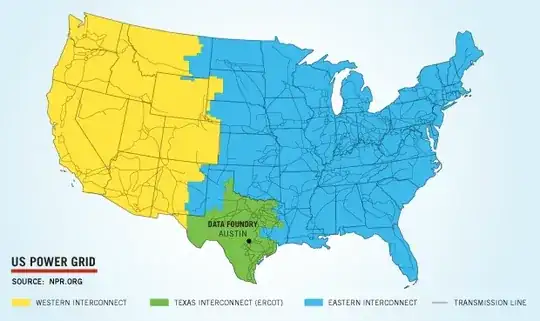
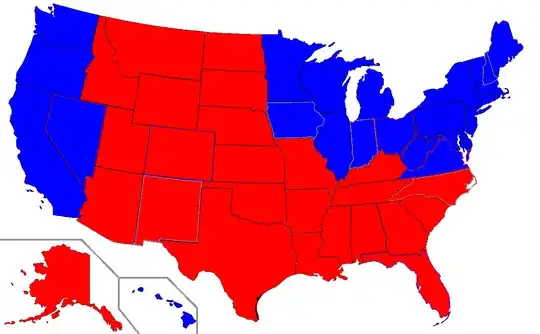
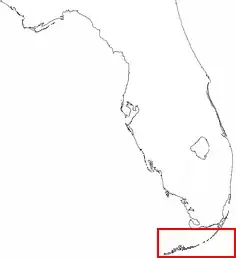
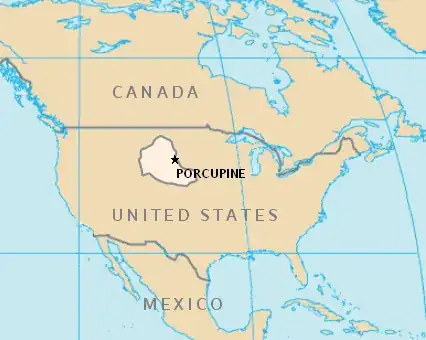

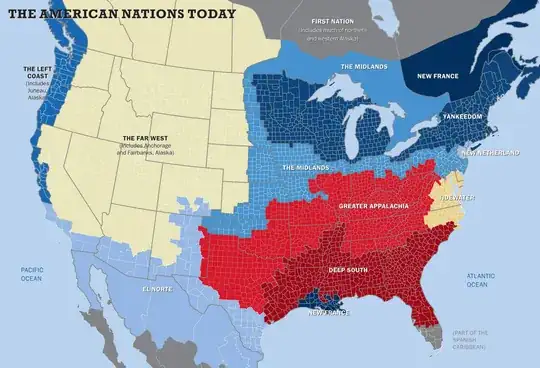
Which states are most likely to rebel...assuming a federal law is passed that violates American constitutional rights...This is going to entirely depend on which right is violated. The 2nd Amendment? The 5th? 14th? 19th? Constitutional rights could also be in the original document before any amendments, such as Article 2. I think you should clarify which part you want violated in your premise. BTW there's no explicit right to privacy in the constitution. The best you can do is interpret the 9th amendment and the life liberty and pursuit of happiness part in your favor. – DrZ214 Aug 29 '15 at 06:05